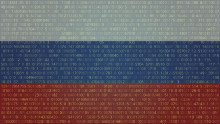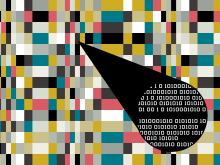Could ChatGPT be the next big cybersecurity worry — researchers say it can crack systems faster than ever before
LLMs such as ChatGPT might just be the next cybersecurity worry, according to the latest findings by researchers. Previously believed to only be able to exploit simpler cybersecurity vulnerabilities, LLMs have shown a surprisingly high proficiency in exploiting complex ones as well.
Researchers at the University of Illinois Urbana-Champaign (UIUC) found that GPT-4 demonstrates a scarily high proficiency in exploiting 'one-day’ vulnerabilities in real-world systems. In a dataset of 15 such vulnerabilities, GPT-4 was capable of exploiting an alarming 87% of them.













































































